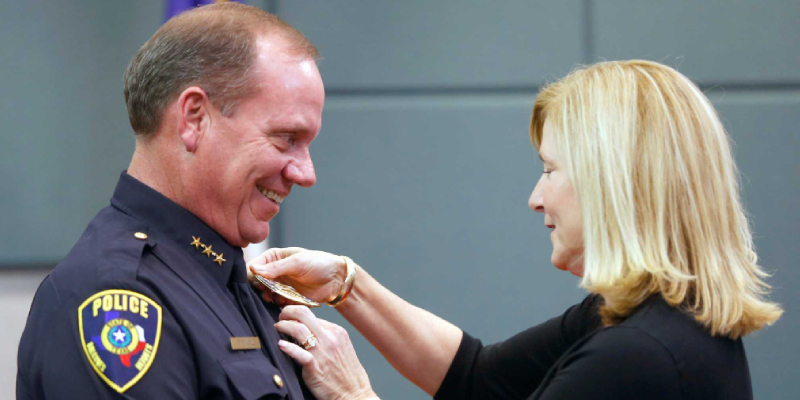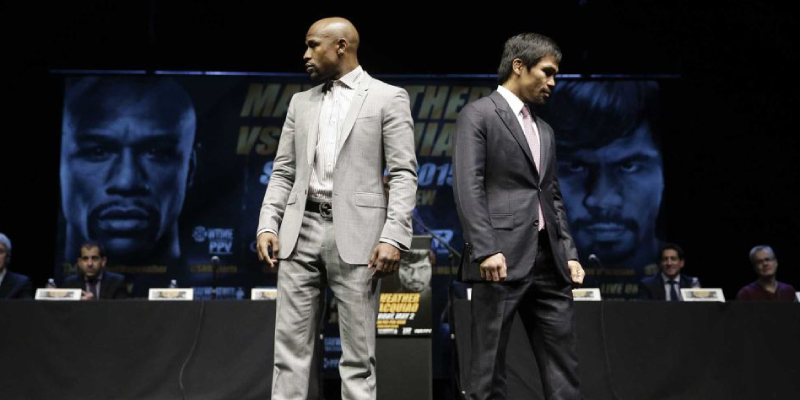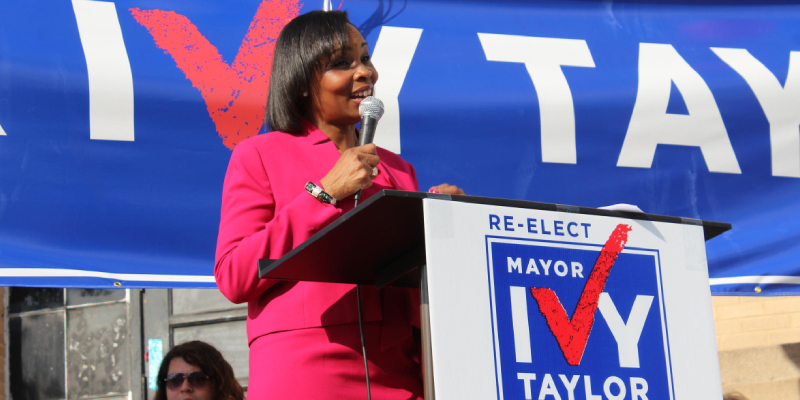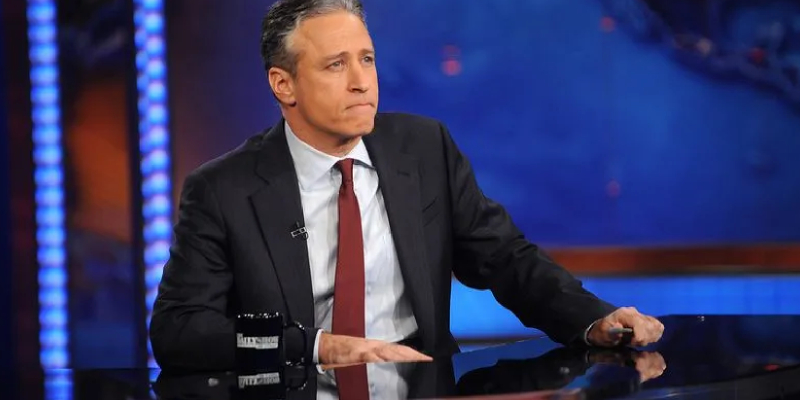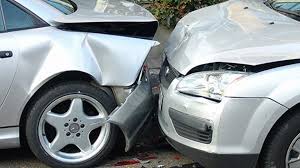Your Trial For A Traffic Ticket
After the room has been cleared out by weeding out the plea bargains and those people who decided to plead guilty, there won’t be many left. Now is when the real trials will begin. Often, the judge won’t even be present until this time. Once the actual trials are to begin, there will normally be a recess so that the officer(s) can be called and any equipment or evidence can be brought forth.
After this recess is over, if you haven’t already been given the standard speech… you’ll get it now. The speech usually includes some mention of the “fact” that the money you are fined doesn’t go to the courts or police. There will also likely be some mention of how “the system” is for promoting safety, not for making money or for other such reasons. Finally, the actual methods of trial will be discussed. The judge should explain the process of HOW the trial will be conducted. Which is…. 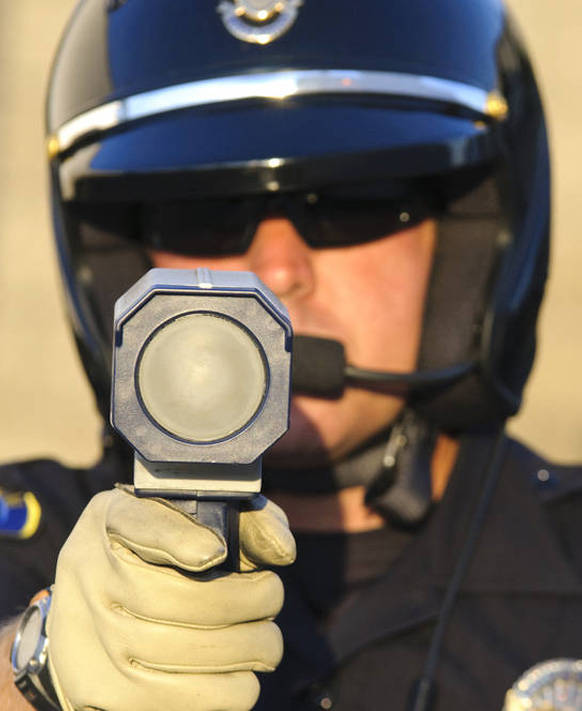
The prosecutor goes first and gets to call witnesses which you may cross-examine if you wish. (you do) Sometimes, there is a stipulation that you can only make cross-exam questions based upon the prosecutor’s questions. If this is the case, DO NOT cross-examine. Call the officer as a “hostile witness” later. If you are afraid you might want to ask more questions, ask to reserve the right to recall the witness later.
After you cross-examine (using the questions you have prepared – from lesson 6 and 7) the prosecution’s witnesses and evidence, the prosecution can re-examine.
You can cross-examine the re-questioning. NORMALLY, the re-examination and re-cross can ONLY be directed to questions brought up during the initial examination. ANY questions not originally asked can be objected to and should not be allowed.
After the prosecution calls the last witness (usually only one officer) the prosecution will “rest”
Once the prosecution “rests” they can NOT recall a witness (unless they reserve the right to do so)
At this point, the defense (lonely little you) is allowed to call witnesses (yourself or friends). Since you can’t really answer your own questions, most judges grant you a leeway to “explain” your case. DO NOT do this. If you make ANY kind of statement, the prosecutor can and will cross-examine. He will ask point-blank… “Are you guilty” You don’t want to lie, so don’t give him the chance to ask you such questions. If you don’t testify, he can’t cross-examine. Don’t answer questions he asks you unless he calls you to testify as a hostile witness or you have testified yourself. (see why you shouldn’t testify?)
By now, you have already won or lost. Don’t bother to give an “explanation”.
If you want to create a stir (or have to) call the officer as a hostile witness. Do this (only) IF you need to ask questions which you weren’t allowed to ask due to a stipulation against asking questions not based on the prosecutor’s questions.
After the defense (you) “rests” (which should be right after the defense, unless calling the police officer), the judge will take a recess (or not), issue a verdict (guilty or not), and assesses a fine….
After the verdict
So, you’ve held out… You didn’t plea… You didn’t cave in… You fought to the bitter end…
Now what?
If you won …
Thank the judge and the prosecutor. Walk up to them, if you can, and shake their hands. Be sincere. They did their jobs and did it well. They probably do have at least a passing concern for the well being of the citizens they serve. So, thank them and let them know you will try to be a safe and courteous driver. If you see them again, it doesn’t hurt to leave a good impression.
Then, while everyone (ie: the judge and prosecutor) can see, walk over, thank the officer, and shake his hand. Sure, you just tore him into confetti. Sure he hates you for being smug and for beating him. You aren’t thrilled to have been stopped in the first place. But, it is his job.
Let the officer know that while you still feel you weren’t wrong that you will try to be a better driver. Don’t be overly smug, but by the same tone, don’t be too passive either. YOU WON. HE LOST. Don’t do a victory dance in the courtroom, but don’t feel ashamed to have a confident glow about your victory. Let him know (via this “glow”) that you aren’t the average guy and that he will have to get up pretty early in the morning to beat you. YOU ARE THE PRO. He’s just another player. But, thank him all the same. You might never see that judge or prosecutor again… but that officer is still on the streets. He also has plenty of friends that can ticket you too. And this very officer might also be the one you depend on to keep you safe at night. Don’t forget it. He won’t.
After the judge issues the verdict and fine, ask if you can have a “directed sentence”. Many states (find out if your state does) have a Statute which allow a fine or penalty (like points) to be reduced or removed. This is a very powerful ability. If there is a specific code that states a fine can be reduced, removed or modified, quote the law. For example: “Your Honor, under (Your States) Statute section ( ___ ) an imposed fine can be revoked in whole or part or the method of payment can be modified.” “I wish to invoke such Statute and ask the Court’s mercy in assigning no points to my driving record and ask the fine to be directed to be paid to ( __ Charity ), a charity which supports ( __ )
What judge could refuse… if he does, the entire crowd (which just saw how unfairly you were treated) will look at this guy like he’s some kind of heartless demon. And he IS an elected official. By quoting the specific law, you give him an “outie”, a legal way to slap your hand (a charity write off), uphold the system, “punish the wicked”, keep the roads “safe”, and even look good himself (at election time). It should also impress the hell out of him that you even found this law and that you are able to make such a request. Judges like to see people who are informed, especially since they are used to dealing with “the dregs of society”.
If you want to keep fighting your ticket, you can file an appeal. Don’t thank anyone. Walk over to the clerk and ask for an appeals form. There will be a cost to file an appeal (more than the fine assessed probably… it’s a very well planned racket) and you will be informed of this. (several times, probably… they want your money… not a fight) Tell the clerk you are willing to pay to fight for proper justice. Most people will think you’re nuts (maybe true), but it will certainly show how much you believe your own innocence. It will also pi** that judge off, royally. You just insulted him by showing that you think he has bad judgment. (or is crooked) They tend to not like that. If you win the appeal, it goes against his record… HE REALLY HATES THAT. He isn’t wanting to sit in traffic court all his life. He is wanting to move on to something like Criminal Court, Civil Court, etc… The stuff that gets published (and a few get TV shows). After all, everyone’s heard of Judge Judy… most folks know who Judge Ito is (OJ trial)… but just a traffic judge… yeah, a real rating winner… (even Court TV doesn’t bother with traffic court.)
